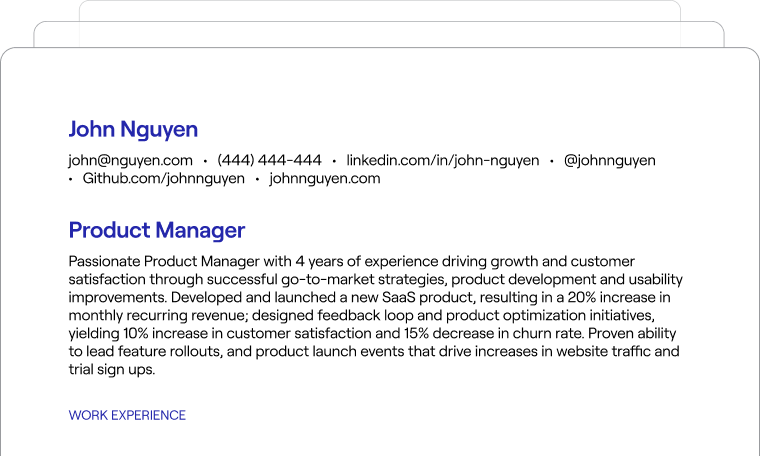Executive Assistant
This job is no longer available
There are still lots of open positions. Let's find the one that's right for you.
About The Position
The Executive Assistant will provide seamless administrative support to senior managers, ensuring that their day-to-day operations run smoothly and efficiently. The successful candidate will be responsible for managing calendars, maintaining relationships, and handling correspondence, acting as the first point of contact for the senior managers. This role requires the Assistant to develop a deep understanding of the business to prioritize tasks based on their level of importance. Key results expected from the Executive Assistant include effective calendar management, well-organized travel arrangements, timely and thorough preparation of expense reports, and optimum screening of incoming communications. The Assistant will be responsible for routing communications for action and follow-up, as well as maintaining communication with both internal and external contacts, including significant prospects and client relationships. The role also involves preparing well-proofed standard correspondence and making logistical arrangements for official travel. In addition, the Executive Assistant will prepare pitch books and comprehensively organize meetings, luncheons, and interviews as needed. The Assistant will assist with investment-related tasks on an ongoing basis, which may include conducting internet searches to gather information on potential operating executives and participating in selected pieces of research or due diligence, such as contacting retail stores to check product pricing. Establishing effective working relationships with colleagues and external contacts is crucial, and the Assistant may be required to provide flexible support to other managers as needed.
